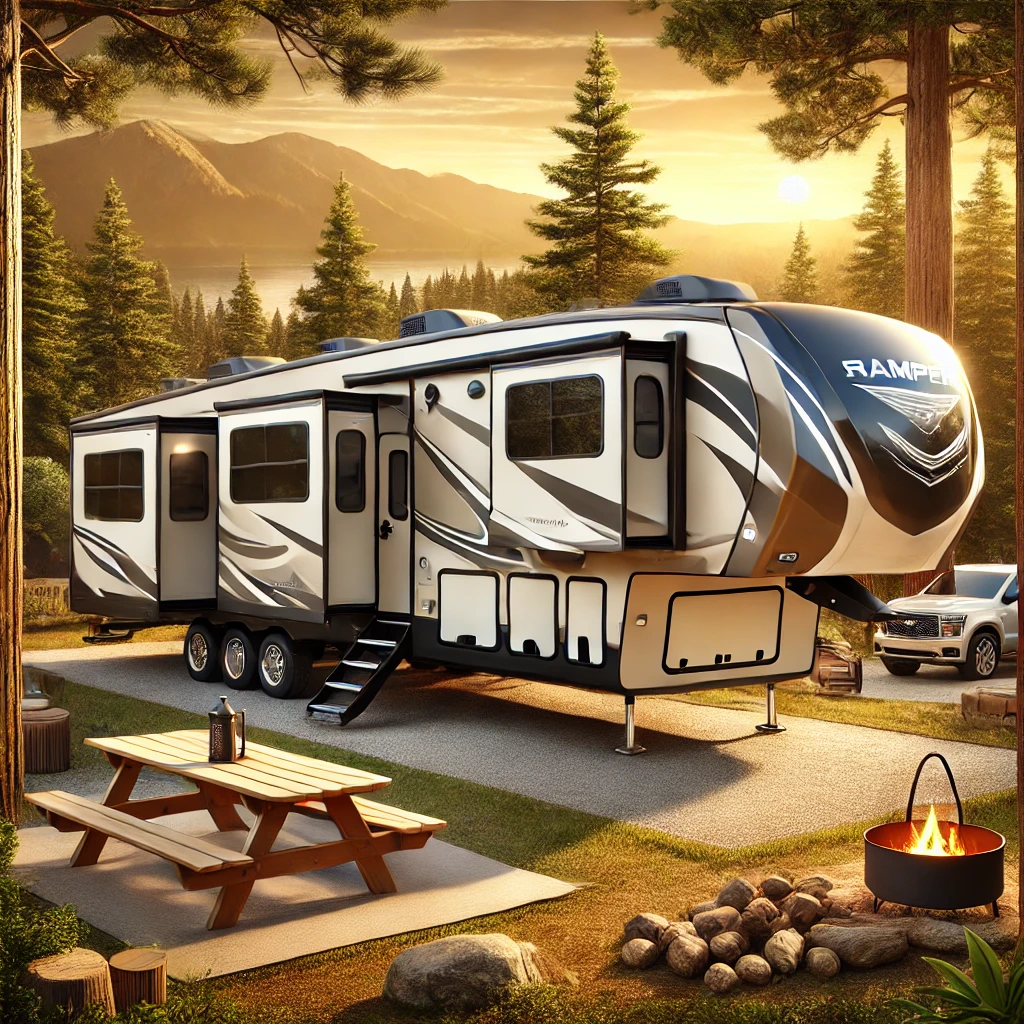
Towing a fifth-wheel camper isn’t as simple as hitching it to a truck and hitting the road. These large, heavy units require precision, experience, and the right equipment to ensure safe transport. A specialized transport company eliminates these risks, providing a safer, more efficient way to relocate a fifth-wheel camper without unnecessary hassle or expense.
Requires Specialized Handling
A fifth-wheel camper is larger and heavier than standard trailers, requiring expert maneuvering. A Fifth Wheel Moving Service understands weight distribution, braking distances, and securement methods to prevent shifting during transit. Mishandling can lead to accidents, structural damage, or excessive sway on the road. Drivers without proper training may also struggle with wind resistance and trailer swing, which can make highway travel especially dangerous.
Prevents Wear on Your Vehicle
- Towing a large camper puts significant strain on a personal truck.
- The added weight increases engine load, transmission stress, and brake wear.
- Long-distance hauls accelerate wear and tear, leading to expensive repairs or even premature vehicle failure.
- Using a transport service keeps a personal vehicle in top condition while ensuring the camper reaches its destination safely.
- Continuous heavy towing can also void manufacturer warranties, leaving owners with unexpected repair costs.
Experienced Drivers for Smooth Transport
Navigating highways, backroads, and tight spaces with a fifth-wheel camper requires skill. Professional drivers have the experience needed to handle sudden stops, steep inclines, and heavy traffic while ensuring stability. Unfamiliar drivers often struggle with turns, braking distances, and maintaining control, increasing the risk of accidents. Transport professionals use advanced driving techniques to manage trailer sway and prevent sudden lane shifts that can be dangerous in high-traffic areas.
Specialized Trailers for Protection
Not all trailers are built to handle the size and weight of a fifth-wheel camper. Standard towing setups may cause structural stress, leading to frame bending or hitch damage. Professional transport companies use custom trailers designed specifically for heavy loads, ensuring a secure fit and smooth ride. These specialized trailers also help minimize vibrations, which can cause interior fixtures and appliances inside the vehicle to loosen or break.
Easily Maneuvers Tight Turns
The height and length of a fifth-wheel camper make certain roads difficult to navigate. Overpasses, sharp turns, and narrow lanes create challenges for inexperienced drivers. Transport professionals plan routes in advance, choosing the safest, most efficient paths to avoid unnecessary detours or hazards. This planning prevents clearance issues that could lead to costly roof damage from low bridges or tree limbs.
No Need for Expensive Hitch Installs
Fifth-wheel campers require a specialized hitch mounted in a truck bed. Installing this equipment is expensive, and not all trucks are compatible. Hiring a transport service eliminates the need for costly modifications, allowing owners to move their camper without investing in additional gear. Many towing setups also require suspension upgrades to safely handle the camper’s weight, adding even more expenses.
Handles Permits and Legal Requirements
- Transporting a fifth-wheel camper often requires permits, especially for oversized loads.
- Regulations vary by state, and failing to secure the correct paperwork can lead to fines or delays.
- Professional transport companies handle these legal requirements, ensuring full compliance with state and federal laws.
- Without expert guidance, owners risk violating weight limits, axle restrictions, or road-use fees that could result in unexpected penalties.
Weight distribution, route planning, legal compliance, and proper equipment are crucial in safe and damage-free transport. A specialized Fifth Wheel Moving Service eliminates the risks, saves time, and protects both the camper and towing vehicle. Instead of dealing with the stress and potential hazards of self-transport, trusting experts ensures a smooth, hassle-free relocation.
Content Quality Form
Content Proof checked by: Tiyas Golder
Relevancy:
1. Related to the client’s products or services (Yes)
2. No Review type content (Yes)
3. Relevant to the target link included in the article (Yes)
Topic:
1. Topic should be editorial and related to the brand’s product or service (Yes)
2. Content should not be overly promotional about the brand’s product or service (Yes)
3. Quality (Yes)
4. Written in US English (Yes)
5. No grammar, spelling errors, run on sentences, etc. (Yes)
6. Minimum 500 words (Yes)
7. Tense, POV maintained across the content (Yes)
Links:
1. Link is geo-focused; content should be related to that geo. Ex: if the link is about a specific location, the content should also be related to that location (Yes)
2. Link is not out of place with the content (Yes)
3. Link should appear as early in the content as possible (Yes)
4. Only include the 1 brand link provided (i.e. do not add additional links to the client’s other pages or homepage unless specified) (Yes)
Anchor Text:
1. Matches exactly with what is provided (pay attention to intentional misspellings and upper/lowercase) (Yes)
2. Flows naturally into the sentence and not be awkwardly stuffed in other links (Yes)
3. Included at least 1 outbound relevant link to non-competitor sites (Yes)
4. Included at least 1 internal relevant link within the shortlisted site (Yes)
5. Anchor text is relevant to the page it’s linking to (Yes)
Disclosure
1. Not written as if the client wrote it, do not use terms like “we” and “us” (Yes)
2. Relevant Image included (No)

